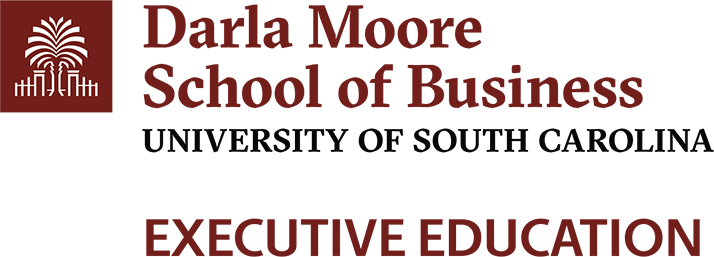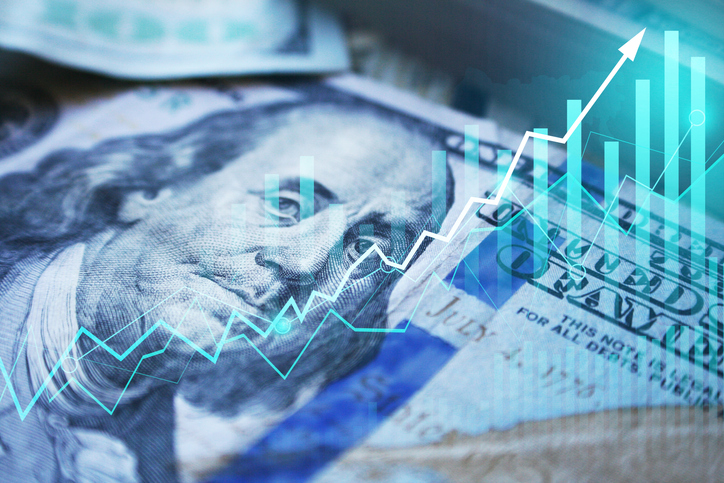Two years ago in this space, we had a good piece by William R. Hauk, an associate economics professor at the Darla Moore School of Business, about the $1.9 trillion American Rescue Plan then under consideration.
“Could the plan be too big?,” Hauk said then. “Yes, and the danger that presents is an increase in inflation. But we know how to deal with that. If the inflation takes off to the point that it leads to a rise in interest rates, that could be a bigger problem.”
Well, inflation did become a big issue – and the Fed has increased interest rates several times. But as a result of that, inflation has been subsiding. And now, Washington is considering another, much bigger spending plan from President Biden – his $6.8 trillion budget.
So it seemed a good time to touch base with Dr. Hauk and see what he’s thinking now – both about his judgments from two years ago, and the president’s budget proposal.
First, he spoke of what had happened since the American Rescue Plan in 2021.
“At least some of what was done a couple of years ago was right,” he said. Taken within the context of “several rounds of stimulus,” starting with the CARES Act in March 2020, the government’s efforts “did a good job, overall, in keeping us out of what could have been a very damaging recession.”
That said, the 2021 effort “may have been bigger than it needed to be. And that ended up touching off inflation.”
Some of the things that might have contributed to making it too big were very popular, given the situation at the time, and sometimes for good reasons. “The child tax credit… did a whole lot in terms of reducing child poverty.” There were also the cash payments to individuals to help them weather the period of economic shutdown. And there’s “some evidence that the big stimulus did worsen inflation.”
“In retrospect, we maybe should have cut spending in some areas, or raised taxes in others,” says Hauk. But that’s also assuming a perfect world in which politics plays no part in decision-making. A big plan has to contain some things that are politically popular, to build coalitions, and encourage agreement in a divided legislative body.
And as painful as the big rise in inflation was, he suspects that given a clear choice, “Most Americans would probably vote for 7 or 8 percent inflation” if the alternative is a severe recession. So the pain may have been worth it.
When inflation raised its swollen head, did government react properly? Hauk says the Federal Reserve was “maybe a little slow to react – a little bit slow to get off their marks.”
“But once they decided to do it, they moved pretty quickly…. And it seems to have worked,” he says.
He says, though, he “wouldn’t put inflation in the past tense. There’s a chance that we’re not done with this.”
What about the president’s new budget?
Basically, Biden is raising taxes – on people making more than $400,000 – rather than cutting spending. As The New York Times described it:
The budget contains some $5 trillion in proposed tax increases on high earners and corporations over a decade, much of which would offset new spending programs aimed at the middle class and the poor. It seeks to reduce budget deficits by nearly $3 trillion over that time, compared with the country’s current path.
Hauk acknowledges the deficit reduction relative to a pandemic-level baseline, but says “there would be deficits, and still relatively sizable ones – in the neighborhood of 4-5 percent of GDP for the foreseeable future.”
Republicans will criticize the president for not being willing to cut anything. At the same time, he is daring them to spell out what they would cut.
Of course, the president’s plan is extremely unlikely to bear a close resemblance to any eventual federal budget. “It will be a lot more modest if and when it gets through Congress…. There would probably be a fairly messy compromise.”
And hard decisions won’t be made, with Democrats opposed to spending cuts and Republicans being allergic to tax increases of any kind.
“I don’t see reason to be optimistic that we’re getting our fiscal house in order in the foreseeable future,” says Hauk.
He suggests somewhat facetiously that things would be different in the “benevolent dictatorship of Haukistan.”
Not that he wouldn’t allow a debate. “We would have a realistic debate on what government should do, and fund that,” he says. And there would be “a greater effort to close the deficits.”
That would involve, in addition to some cuts, some tax increases. Both illustrate “the reason I will never get elected to any political office,” he says.
“My very unpopular sentiment is that the average American will have to pay higher taxes,” he says. That doesn’t work in today’s political world. “Walter Mondale was the last to say that, and look at what happened to him.”



Comments are closed.